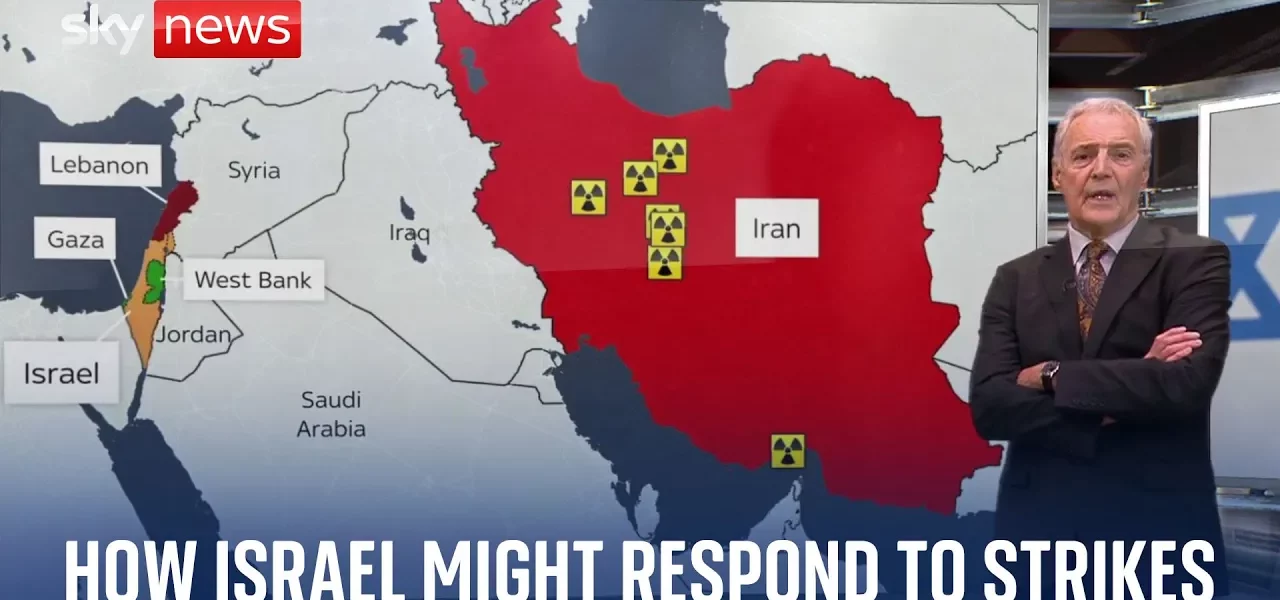Israel’s Retaliation Plans Against Iran: What to Expect

In light of recent missile attacks from Iran, Israel has vowed to respond decisively. This article delves into the possible military strategies Israel may employ, the implications for global security, and the larger context of Middle Eastern tensions.
Introduction
The ongoing tensions between Israel and Iran have escalated significantly, culminating in Iran’s recent missile barrage targeting Israel. With over 180 ballistic missiles fired, the stakes have never been higher. Israel’s government has promised a substantial retaliation, which could occur imminently. This article explores the potential military responses from Israel, the strategic objectives behind these actions, and the broader implications for regional stability and global oil markets.
Recent Events: Iran’s Missile Attacks
On a recent Tuesday, Iran launched more than 180 ballistic missiles aimed primarily at military and intelligence sites within Israel. The Revolutionary Guard Corps (IRGC) claimed that these targets were carefully selected to avoid civilian infrastructure, focusing instead on military capabilities.
Verification of Impact
Sky Daton Forensics has confirmed that notable locations in Israel were indeed struck, including two Israeli air bases: Netim and Off. Although the images from Netim were visually dramatic, initial assessments suggest that actual damage may be minimal.
Intelligence Sites Targeted
Additionally, two points of impact near Tel Aviv were reportedly close to the headquarters of Mossad, Israel’s National Intelligence Agency. This development, while a propaganda victory for Iran, has not resulted in significant operational damage to Israeli capabilities.
Israel’s Potential Military Response
As tensions rise, Israel’s military response could take several forms, each with its implications for regional stability.
Targeting Iranian Air Bases
One of the most likely retaliatory actions would be targeting the air bases from which the missile attacks were launched. Such a strike could effectively neutralize the immediate threat posed by Iranian missile capabilities.
Attacking IRGC Command Centers
Another significant target could be the various IRGC command centers distributed throughout Iran, often located in densely populated areas. This would likely escalate tensions further but could serve to disrupt Iranian military planning and operations.
Impact on Oil Production Facilities
Israeli officials have indicated that oil production facilities in Iran, such as oil fields in the southern regions, could be targeted. The consequences of such strikes would reverberate through global oil markets, potentially causing significant price fluctuations. Key considerations include:
- Potential for increased global oil prices.
- Impact on regional oil supply and security.
- Responses from IRGC-affiliated groups throughout the Middle East.
Broader Implications of Military Action
The ramifications of military action against Iran could extend beyond immediate military objectives, affecting geopolitical dynamics and international relations.
Possible Assassinations and Targeted Strikes
Considering Israel’s historical precedent, targeted assassinations of key Iranian leaders or military figures cannot be entirely ruled out. Such actions would signal Israel’s commitment to countering perceived threats.
Strikes on Nuclear Facilities
Perhaps the most significant option on the table is a strike against Iran’s nuclear facilities. Israeli Prime Minister Benjamin Netanyahu has long viewed Iran’s nuclear aspirations as an existential threat. A strike at this juncture would emphasize Israel’s resolve, although it risks further escalation of conflict.
Conclusion
As tensions continue to mount, the situation in the Middle East remains precarious. Israel’s response to Iran’s missile attacks will be critical in determining the future stability of the region. Whether Israel opts for a calibrated response or chooses to escalate the conflict remains to be seen. What is clear, however, is that the Middle East stands on the brink of a potentially larger crisis, and all eyes will be on Tel Aviv in the coming days. For those interested in staying updated, we encourage you to follow our related articles on Middle Eastern geopolitics and military strategies.
“`




